From pv magazine USA
Facebook said that as of the end of 2020 it had reached its 2018 goals of supporting all of its operations with 100% renewable energy, while also reaching net-zero emissions.
Over the last three years, the social media giant cut its greenhouse gas emissions by 94%, exceeding its initial 75% reduction goal.
Having reached its initial benchmarks, Facebook said it now is setting a goal to reach net zero emissions for its entire value chain by 2030.
Facebook has been able to rapidly accomplish its goals by becoming one of the largest corporate buyers of renewable energy in the world, contracting for around 1 GW of projects in 2020 alone. The company was the second-largest corporate procurer of renewable energy in 2019. It currently ranks third in the world on the list of renewable energy corporate buyers based on cumulative power purchase agreements since 2000, according to Bloomberg New Energy Finance.
Worldwide, Facebook has contracts in place with 63 renewable energy installations, totalling more than 6 GW of wind and solar energy across 18 states and five countries.
Earlier this spring, Facebook and General Motors signed up to buy power from an upcoming solar+storage project in southern Kentucky. That project, the Logan County project, will include 173 MW of solar and a 30 MW/120 MWh battery system. Of the total capacity, Facebook is contracted to buy 145 MW of the project’s solar renewable energy credits (RECs) and all of the storage attributes.
The contract was made possible through the Tennessee Valley Authority’s Green Invest program.
This content is protected by copyright and may not be reused. If you want to cooperate with us and would like to reuse some of our content, please contact: editors@pv-magazine.com.

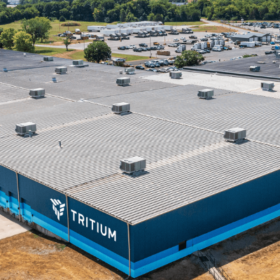
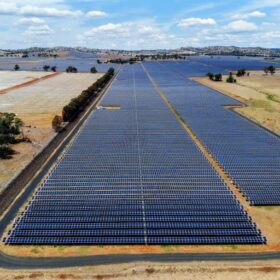
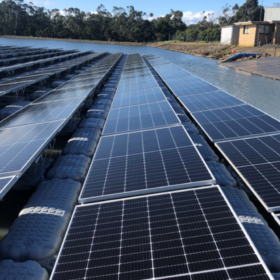
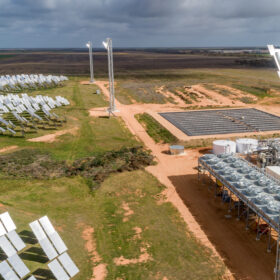
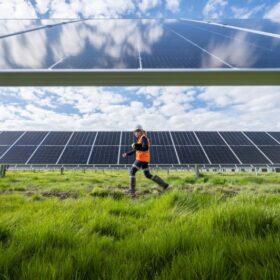
By submitting this form you agree to pv magazine using your data for the purposes of publishing your comment.
Your personal data will only be disclosed or otherwise transmitted to third parties for the purposes of spam filtering or if this is necessary for technical maintenance of the website. Any other transfer to third parties will not take place unless this is justified on the basis of applicable data protection regulations or if pv magazine is legally obliged to do so.
You may revoke this consent at any time with effect for the future, in which case your personal data will be deleted immediately. Otherwise, your data will be deleted if pv magazine has processed your request or the purpose of data storage is fulfilled.
Further information on data privacy can be found in our Data Protection Policy.